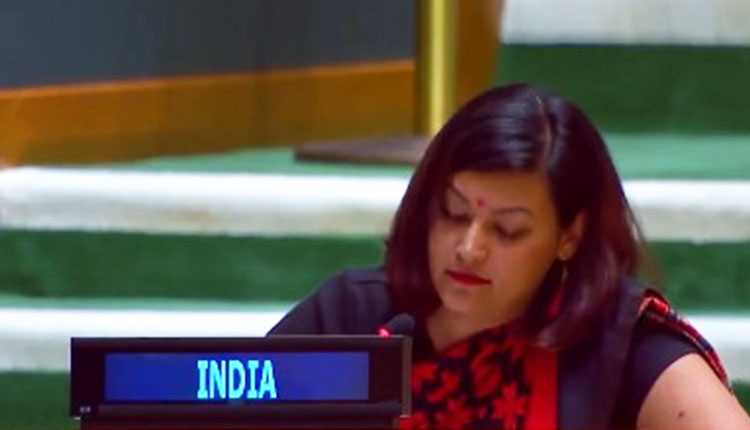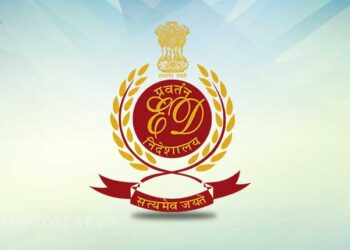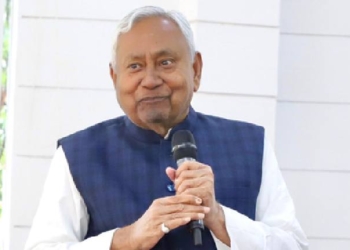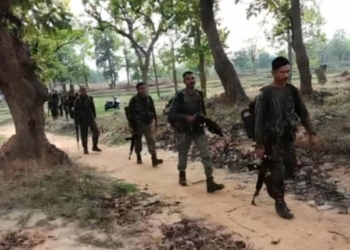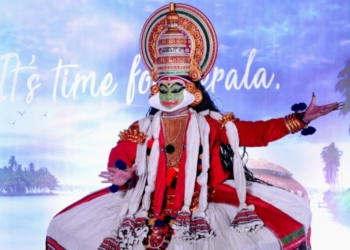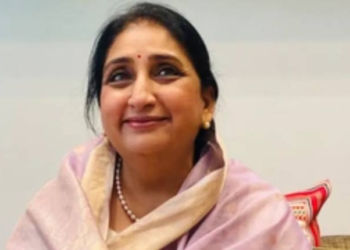New Delhi: Prime Minister Shehbaz Sharif’s rendition at the United Nations General Assembly on Friday, September 26, was yet another attempt by Pakistan at grasping at a fig leaf to cover Islamabad’s role in aiding and abetting terrorism.
“This is the very same Pakistan which, at the UN Security Council on 25th April 2025, shielded The Resistance Front – a Pakistan-sponsored terror outfit from the responsibility of carrying out the barbaric massacre of tourists in the Indian Union territory of Jammu and Kashmir,” reminded diplomat Petal Gahlot, exercising India’s right of reply to Sharif’s speech.
Pakistan has not only been exporting terrorism, but has even sheltered Osama bin Laden for a decade, she reminded UN member-states.
The Al Qaeda chief was executed in a swift operation by US SEALS on May 2, 2011. However, it is not only he, but a host of other terror leaders and operators who had, and still have, c/o Pakistan stamped on their address. Some of them have been identified, some apprehended or eliminated, but many are still freely roaming its lands.
There have been substantiated accounts of the country’s role in creating the Mujahideens against the then Soviet occupiers in Afghanistan between 1979 and 1989. Details on the role of Pakistan’s Inter-Services Intelligence (ISI), which trained and armed the militia, have been revealed by the then chief of the agency’s Afghan desk, Mohammad Yusaf, in ‘The Bear Trap’, co-authored with Britain’s Major Mark Aidkin.
Pakistan Defence Minister Khawaja Asif has also recently admitted his country’s history of supporting, training, and funding terrorist organisations. Speaking to Sky News on the terrorist attack in Pahalgam that killed 26 innocent tourists in April, he termed it “dirty work” done at the behest of the West.
Between these revelations, the Mujahideens metamorphosed, spawning the Taliban, among other groups. The Haqqani network is one such powerful militant faction that grew out of the war against the Soviets.
Founded by the warlord Jalaluddin Haqqani — who fought for a Mujahideen faction led by Yunus Khalis against the Soviets in the 1980s — it later became a core part of the Taliban insurgency. After he died in 2018, his son Sirajuddin Haqqani took control of the group.
The deadly 2008 suicide bomb attack on the Indian Embassy in Kabul, which killed 58 people and injured over 150 in 2008 has been alleged to have been carried out by the Haqqanis on the behest of Pakistan.
Among other leaders who have frequently led groups of mercenaries across the border between Pakistan and Afghanistan are Akhundzada and Stanikzai as well. Masood Azhar, Ahmed Omar Saeed Sheikh, and Mushtaq Ahmed Zargar — released in exchange for the IC 814 hostages in 1999 in Afghanistan’s Kandahar — had driven across the border to Pakistan, along with the Harkat-ul-Mujahideen hijackers.
Hafiz Muhammad Saeed, the founder and leader associated with Lashkar-e-Taiba, too, has a Pakistani address. But little is known about Mir Aimal Kansi, who is still under suspicion if he acted alone in the January 25, 1993, shooting outside the main entrance to CIA headquarters in Langley, Virginia. He shot dead two CIA operatives, wounded three with an AK-47 gun purchased, as he claimed later, to give vent to his anger over alleged atrocities in Muslim countries.
He was born in Quetta, Pakistan, and entered the US in 1991. He worked for a courier service in northern Virginia. After the shooting, Kansi fled to Pakistan and kept travelling off and on across the Afghan border to hide from a wide manhunt undertaken by the FBI.
He remained in hiding for about four years before the US team tracked him down to a hotel near Quetta. Apprehended before dawn, he was driven over 600 km directly to the Chaklala (now called Nur Khan) airbase near Islamabad, where a waiting C-17 airplane transported him to the US to stand trial.
The hearing convicted him of capital murder, sentenced him to death, and executed by lethal injection on November 14, 2002. US officials later claimed that the arrest involved coordinated work by the US State Department, FBI, CIA, Pakistan security agencies, and the Afghan team.
(IANS)




